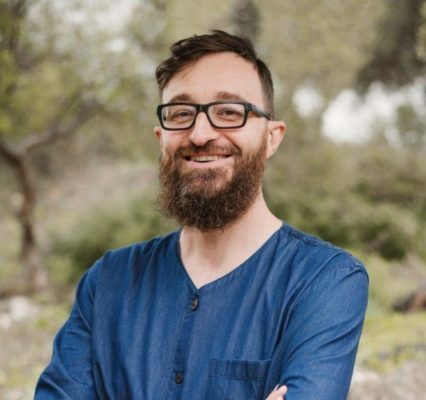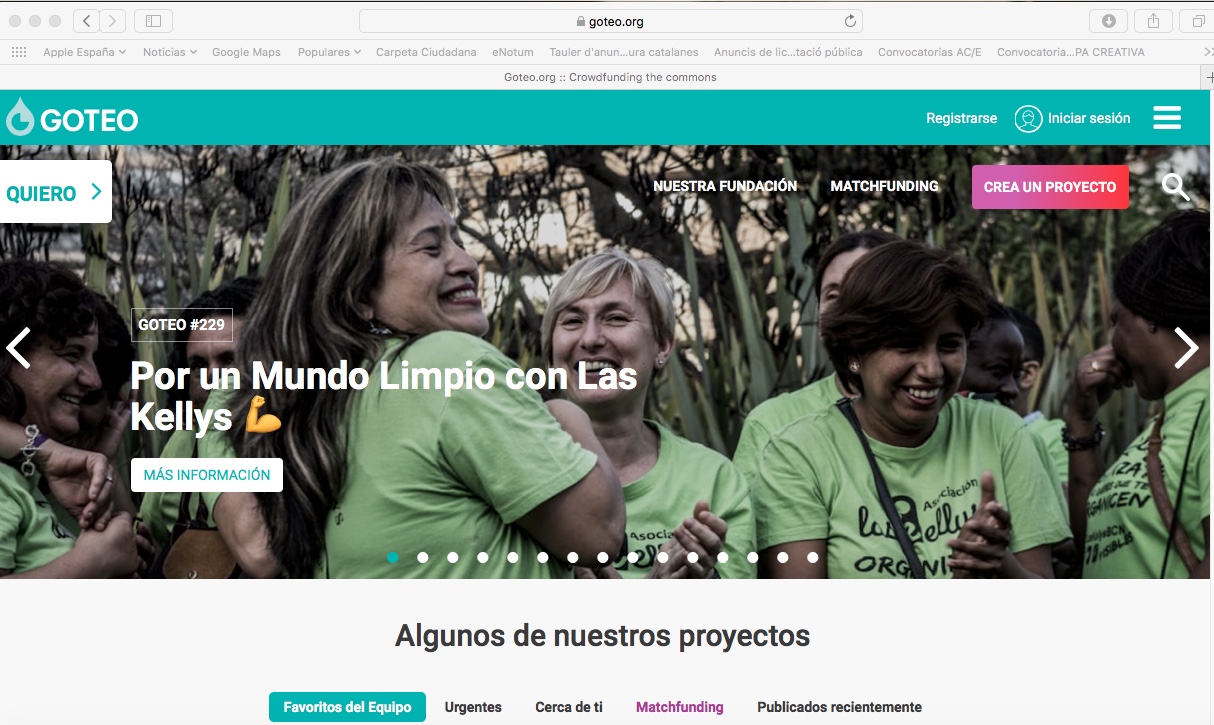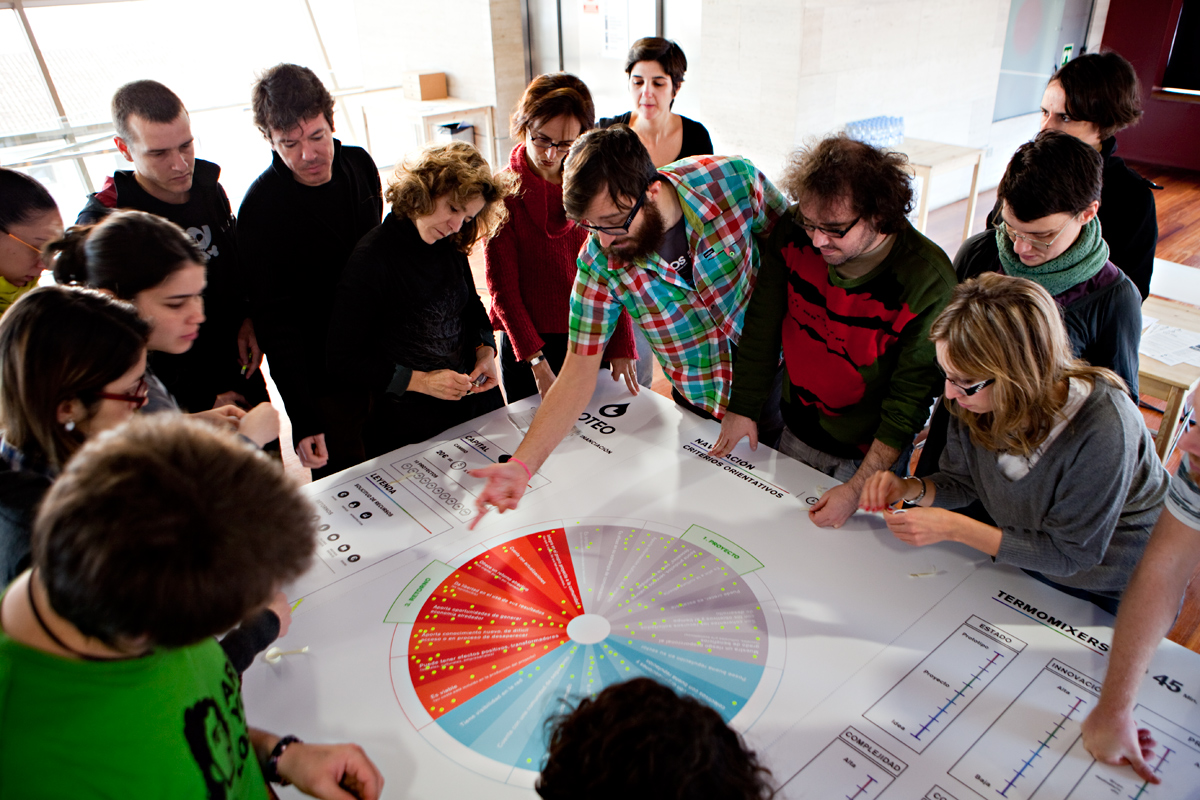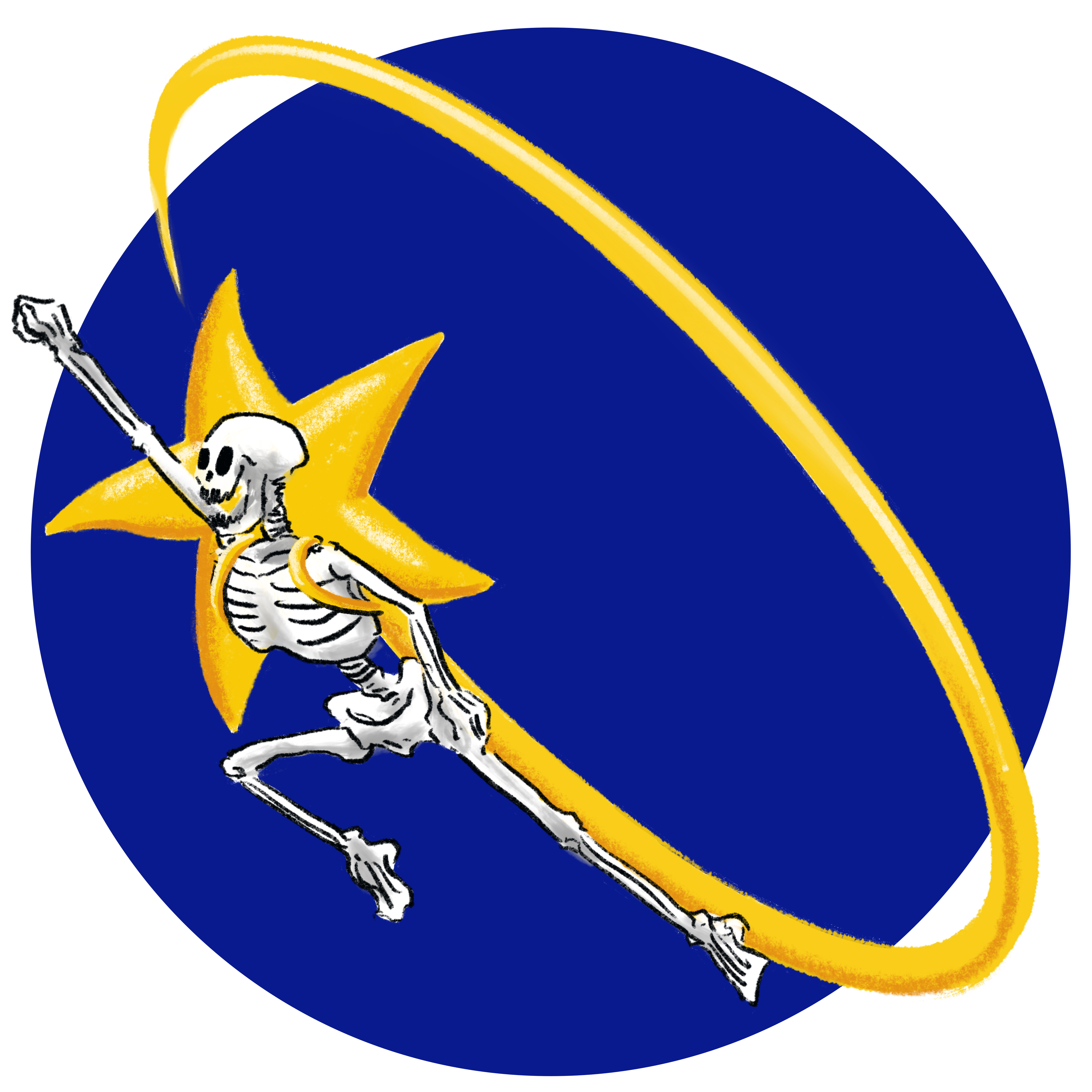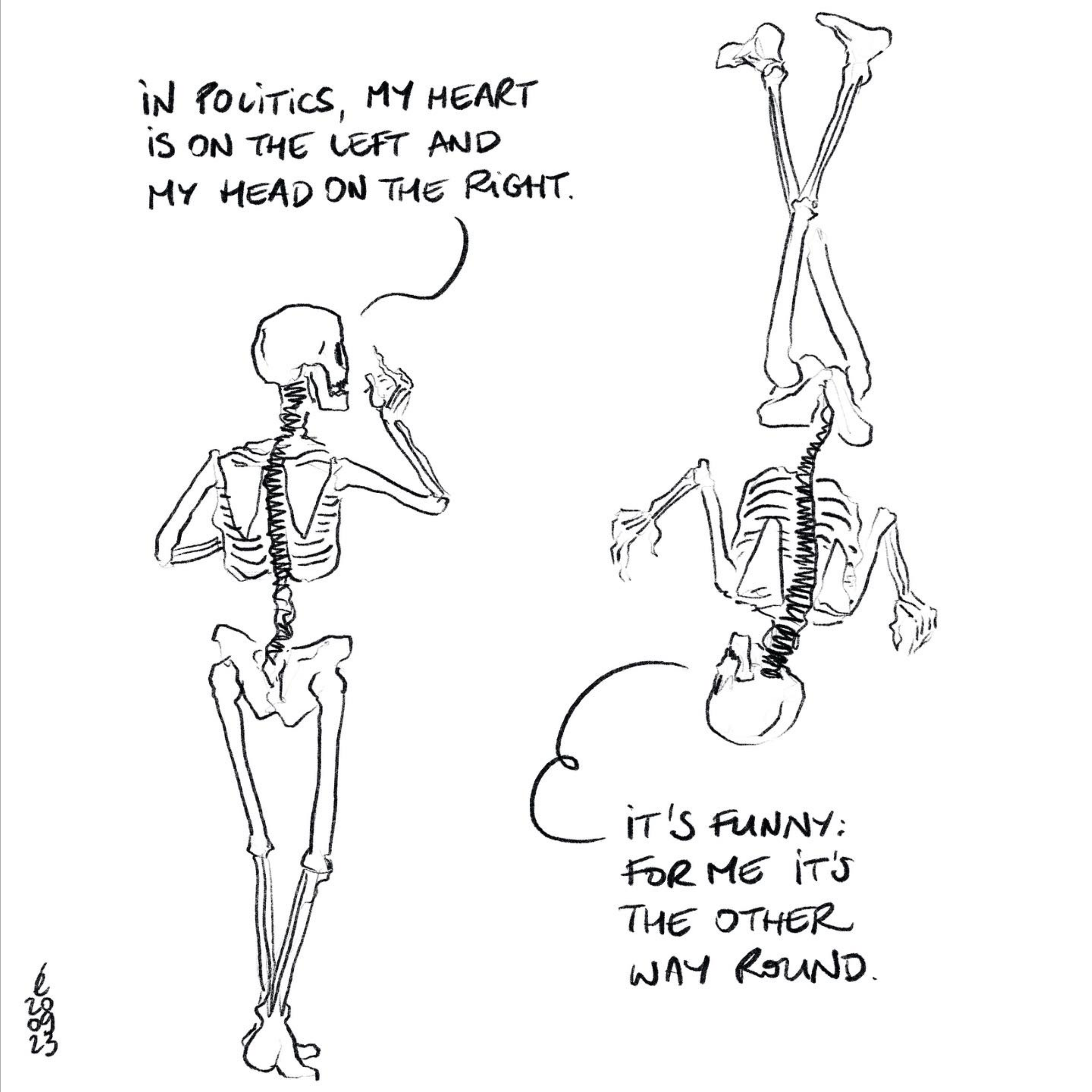Interviews
Olivier Schulbaum "Goteo encompasses access to culture, democratisation of funding and the right to sustain citizen projects in the long term"
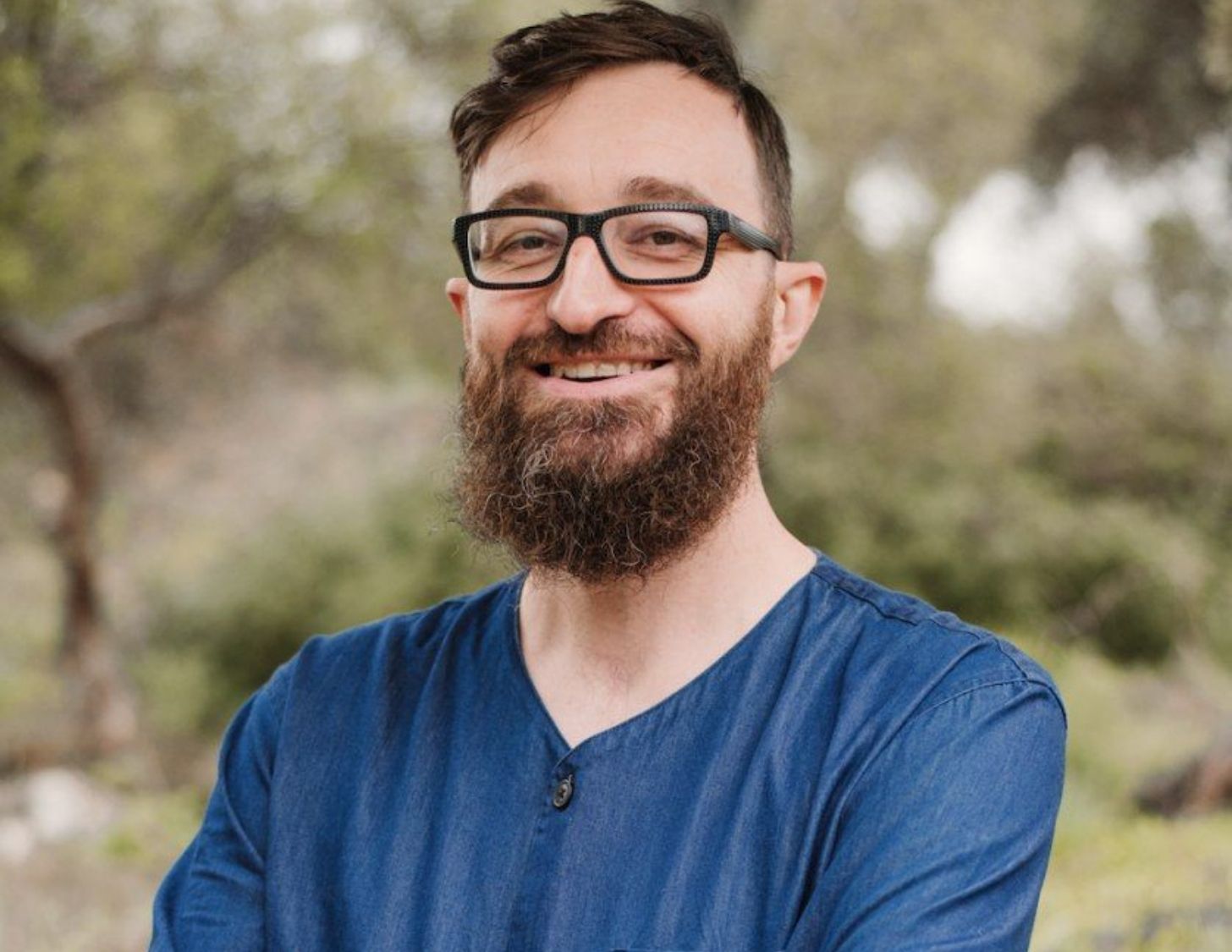
An interview by Montse Badia with Olivier Schulbaum. Originally published in A*Desk Critical Thinking and republished in the Wilder Journal by Platoniq.
Social entrepreneur, co-founder of Platoniq and founder of the ethical crowdfunding platform Goteo, Oliver Schulbaum works as a consultant for numerous national and international organisations, applying his knowledge and extensive experience in methodologies for social innovation through ICTs. We have talked with him, via zoom, about crowdfunding and, more specifically, GOTEO and matchfunding as a form of shared commitment between citizen initiatives and administrations in the financing of projects with a social impact.
Montse Badia - What is Platoniq and what are your lines of action?
Olivier Schulbaum - Last year (2021) we merged GOTEO and Platoniq Lab under the same umbrella, which is the Platoniq Foundation. We define ourselves as a citizen lab where you can find designers, civic tech developers, sociologists, activists and “doers” who mix their expertises using culture to build more democratic societies. We have two words that define us: creativity and democracy. Most of us who have founded Platoniq come from a cultural background. I have been making documentaries for many years, hence my interest in new ways of licensing works and knowledge products, especially when they are digital. We come from open culture, i.e. all the Creative Commons licences, everything that applies to possible intangible products like software. The GOTEO platform is open source. Our values are based on openness, transparency and the most democratic methodologies. Culture is the fundamental element to do things from a perspective that goes beyond the purely technical, considering the context of those who come together to decide or cooperate at a more anthropological level. We are interested in methodologies and digital tools to ensure that groups of people, citizens or public entities can create things together or decide together with clear guidelines and rules of the game.
GOTEO applies clear and transparent rules to crowdfunding. We get all the tools and methodologies we develop from a series of elements of transparency or accountability, of performance. We are particularly concerned about projects that were previously supported or subsidised with public money. Projects that received public subsidies before the 2008 crisis and the current health crisis have had to seek alternative funding after these crises. We ask citizens to fund these projects through crowdfunding, but we do not want to put all the responsibility on the civilian population. That is why we designed the matchfunding method, to ensure co-responsibility and that the link between public and citizen initiatives - cultural and social - is not lost. In this model, designed by GOTEO, citizen contributions are multiplied by public contributions.
We work to ensure that this model of co-responsibility is applied and traceable for citizens, so that public entities are obliged to consider, in their funding lines and in their decision-making processes, support for these programs, relying on citizens’ criteria when establishing priorities. In order to decide which projects have the greatest social impact, we carried out a data analysis and sent the report to the public entities. We believe that the analysis of data from participation platforms such as GOTEO or Decidim has a lot of potential when it comes to influencing local policies or designing training programs. The important thing is to ensure this link between the public and the common.
MB - How many are you in Platoniq and how do you finance yourselves?
OS - We are 20 people, between Barcelona, Palma and Madrid. Platoniq is a foundation, 50% is financed from our own services and the rest from public subsidies. We try to depend less on subsidies because it takes a long time to prepare the justifications.
MB - How is the dynamic of operation in Platoniq?
OS – We are obsessed with evaluation, or rather, with the self-evaluation that we demand of ourselves and that society demands of us as a foundation. It is not only about having the accounts published every year, but also about analyzing how we impact through the support to projects and entities and involving public entities both in the financing part, as well as in the part of deciding what kind of citizen initiatives have more influence.
We use the Sustainable Development Goals (SDGs), whose influence is more public than civic. To analyze the impact of the projects we help finance or co-create, we have simplified it by representing it in the form of footprints. The most classic is the ecological footprint, which has its own parameters and its own tools. The second is the social footprint, since there is no proven model to ask for the social footprint of the civic projects of public institutions. The third is the democratic footprint, which is not very much contemplated in the SDGs but which seems to us to be very relevant. We have created a data model to analyze the data from the platforms that we make available to civil society, i.e. funding platforms and crowdfunding platforms. We work with this analysis framework on both types of platforms. This is what governs us to be able to draw reports or analysis in detail of all the data that is generated through these platforms. This is possible because we create Apis that allow university researchers to do their own analysis. Our GOTEO platform is one of the most analyzed at the European level when it comes to measuring the impact of citizen-funded initiatives.
The concrete impact of the Foundation’s matchfunding programs is to attract public entities to multiply citizen contributions. The mission is to establish links between public entities and citizens’ initiatives in order to ensure a governance model that is contrasted and balanced between the two parties.
MB - What kind of projects apply to GOTEO?
OS – The difference with other platforms is that we do not have a project definition. The common denominator of all projects is their social commitment: to reinforce democratic values, create culture, create jobs or create more gender equality. Within a specific line of culture, we work a lot with cooperatives, which create culture and at the same time reinforce democratic values internally and towards society. We select the projects, looking at their impact, whether that impact is valid and whether they have the capacity to achieve the proposed impact.
MB - In your history we see that you are founders of a bank, the Bank of Common Knowledge (BCC) that I don’t know if it is active right now….
OS - The Common Bank of Knowledge is a very old project that has in it all the roots of what we are doing now. It was an idea way ahead of its time. It worked very well the analogical part, “the human software” of organizing knowledge exchange markets, searches of experts with experts, we also did battles of academics versus the citizen expert who has life-based experience… It was a lot of fun and we saw that it was important to create a tool to organize those markets and measure their impact, but the most interesting thing was to organize the organization chart of a citizen initiative that wanted to manage autonomously this knowledge exchange. It is a project that has a methodological part and a software part, which has been transformed into what is now GOTEO. The methodological part continues to exist, receiving replicas and people who contact us to learn about methodologies. Everything is documented, which is part of our mission. We have seen variations of the BCC in other countries, we have seen collectives globally using it and modifying it in a much more adequate way than what we could have considered when we designed it.
This is one of the reflections that also allowed us to detect some problems in our own endogamic world of the social, cultural and open: how these initiatives are sustained. The Common Knowledge Bank could not be sustained and that is a great lesson, thanks to which we were able to create GOTEO, because we experienced it in our own flesh. We saw that in our sector it was taboo to talk openly about financing. I think we have helped a lot so that this no longer happens and that it is something more natural within the life cycle of the initiatives. And we are looking for replicability, that is, a model of sustainability that can allow us to guarantee that the tool we create can have a long life. We applied all the lessons of the CCB to the design and production of the GOTEO tool. The Common Knowledge Bank was an empowerment project that forced us to systematize a moment of citizen effervescence, creation and collective governance.
When Platoniq was born, I was making documentaries for the French-German channel ARTE, with high quality requirements but low budget. When it came to using television archives, both private and public, I started to realize that there is a totally closed rights system that does not allow accessibility to knowledge that is essential. We started to get interested in the kind of open licenses, which were more flexible, which came from the free software culture. Our struggle at that time was for the democratization of culture, to give access to culture and knowledge. The second way was the Common Knowledge Bank or how a citizen initiative can generate collective knowledge. The third logic is how we maintain these initiatives and that is how GOTEO begins. That is, we have lived the life cycle of a citizen initiative that is learning from mistakes based on hard lessons and other very empathetic ones, for example, the part of community building is impressive, but also acquiring a high level of responsibility when detecting that many times there is no effervescence if there is no tool to ensure that after a certain event you can continue to live, that everyone returns to their regional territory and apply the lesson or can replicate it at a more local level. GOTEO encompasses more or less all this aspect of access to culture, access to financing and access to sustaining citizen projects in the long term.
MB - It is very important to quantify, to put value on cultural and social actions …
OS - And also to put value to the non-monetary contributions, which are the intangible ones. In GOTEO we ask for a budget and within what we call the optimization of the life of a project we ask for non-monetary collaborations. We are very careful that these non-monetary collaborations add to the project, but that they do not mean “unpaid tasks”. We insist that when closing a project, the minimum budget for a project to live is marked, also reflecting minimum and fair salaries. In GOTEO we measure the impact of both types of contribution, monetary and volunteer.
MB - The involvement of public institutions changes completely in this model that you propose
OS – We can consider that GOTEO has several arms and there is an arm in which citizenship and public institutions intersect, which is what we would call matchfunding, which is organized by calls for proposals. For example, we have worked with City Councils or in the field of culture we have been working for six years with the Provincial Council of Gipuzkoa applying thematchfunding to cultural projects with social involvement. In this case, the Provincial Council provides €70,000 to finance up to 15 cultural projects located and promoted by agents and groups in Gipuzkoa. The selected projects are accompanied and trained by GOTEO throughout the process and, when launching their crowdfunding campaigns, they receive €1 from the Provincial Council for each € contributed by citizens.
This call, called Piztu META, has achieved a 97% success rate in its last 5 editions, with 78 projects fully funded. 739,737 have already been raised through more than 12,861 donors with contributions not only from the Basque Country, but also from the rest of Spain, Europe and even countries as far away as Bulgaria, Lithuania or China.
MB - Do Universities play a role in this way of rethinking models and dynamics?
OS - One of the first matchfundings we did was with the International University of Andalusia, which at the time had a specific program to analyze commons, culture and the commons. Within their mission they saw an interest in looking for projects through GOTEO, “match them” at the level of funding and doubling the citizen contributions, with the specificity that the commitment they were asking for, what we call the collective returns (that is, that knowledge that is going to be created around that project), had to be digitally documented so that others could learn, that this open knowledge with open license could also be useful for the University.
We have also had experiences with the UPC, in social engineering projects for cooperation projects and we have a relationship with the UOC, for the analysis and evaluation of data.
MB - In these times of savage capitalism that makes it difficult for small projects to survive, do you think that it is from the cities, from the City Councils where there is more awareness and the need to change the immediate environment of the people?
OS - The ones who are generating the most value at the local level are often the city councils. In the case of Barcelona, we have worked with Barcelona Activa, which also tries to incubate projects of this type and look for new ways of financing them, new forms of accountability. We have not had time to go door to door in smaller cities, but we have worked a lot to find partners to reach rural areas, which is a relevant issue, because there is a certain dependence on European funds, such as FEDER. We are coming to the end of this model and I think you will see in GOTEO matchfunding scenarios with smaller cities, representing a diversity of territories. We are also in several working groups to combine alternative funding with European funding. The matchfunding is a precedent to these forms, we are proposing that social innovation funds, including ERDF, can be derived to a type of co-responsibility between civil society and these funds. Our experience tells us that when citizens are involved in funding or in making decisions about the production of cultural or social projects, they end up being much more effective if they do not depend on public subsidies, are better documented, are more replicable and build a community, which is basically where GOTEO helps the most.
It’s not so much about funding as it is about building a community. How do we mix this? Because we use digital methods or tools that allow us to analyze the data and we are more effective than a large European organization that depends on the capacity that many times the initiatives do not have to have, on the technicality of the justification of funds to the public entity. We think that the quality of the time spent on the projects should be softened and made to focus on the execution, on the guarantee of their legacy, of their replicability, and not so much on having to take a three-month course to see how to justify these projects in order to present them to a European Commission line. Therefore, a platform such as GOTEO could allow to raise a pull of projects that directly deserve to be considered by the European Commission.
